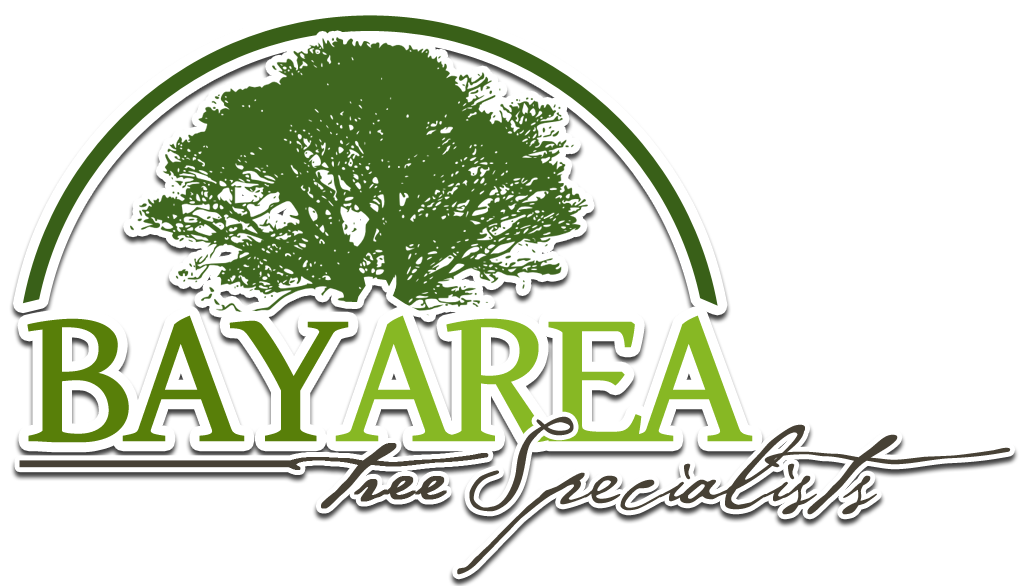Homeowners that tire of looking at dead leaves can rake them up and put them in piles. Years ago, homeowners would burn those same piles, but the laws now prohibit such an activity. Hence, there are places where the collected leaves get sent to a landfill.
Even as part of a pile, a leaf does not pose a danger to the environment.
Trash could threaten the environment. It should get taken to a landfill. That same location does not need to make room for what homeowners put in a pile, after raking their lawn.
Collected leaves can be re-used
Tree service in Palo Alto knows that each leaf in a collected pile could become a source of mulch. Meanwhile, a homeowner could make a spot where the natural decay process could take place. Those leaves not used to make mulch could be placed in the designated spot. While there, each leaf that had not been used as mulch could decompose and become compost.
Suppose that a homeowner does not want a compost pile in the yard?
Such a pile could take up valuable space in a small yard. Hence, some municipalities arrange for the collection of green waste. Studies have shown that leaves make up about 25% of that green waste. Some environmentalists invest in special containers for the natural components of compost. Is there some advantage to buying such a container, so that those natural components have a place to decompose, even in a small yard?
Yes, as those elements of nature disintegrate, they produce a substance known as humic acid. Humic acid can serve as a source of energy for trees. That is why experienced gardeners make a habit of placing compost in their garden and around their trees. Why invest in a way to make humic acid? Would it not be easier to go to the store and buy fertilizer? It can be used to feed grasses and larger plants.
No, the product of compost displays an important feature. It does not wash away as rainwater travels through the soil. Meanwhile, the chemicals used to make fertilizer do get washed out of the soil, and thus make their way into nearby creeks or ponds. Eventually, those same chemicals get carried to a larger body of water, such as a river or a lake. In the past homeowners allowed leaves to become a source of dirty smoke. As municipalities collected green waste, homeowners’ focus turned to using fertilizers. As smoke disappeared from the air, pollutants got into the natural water systems.
Meanwhile leaves’ appearance each autumn has not come to a halt. It makes sense to think seriously about an economical and available means for the creation of compost. Thus, each leaf gets used wisely.

